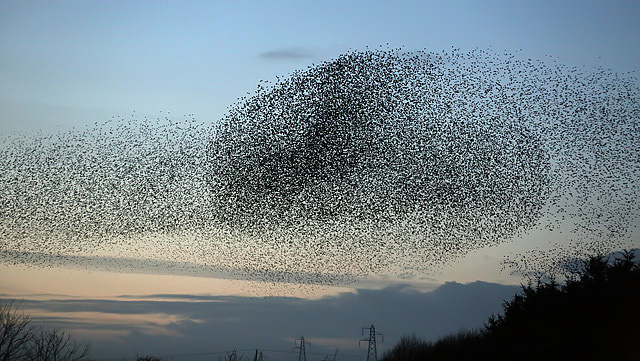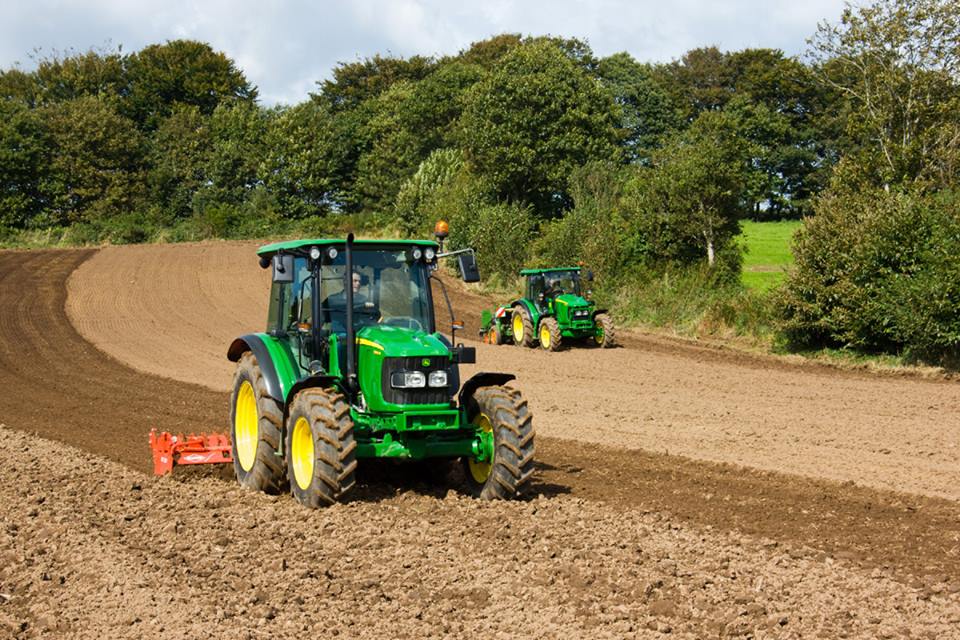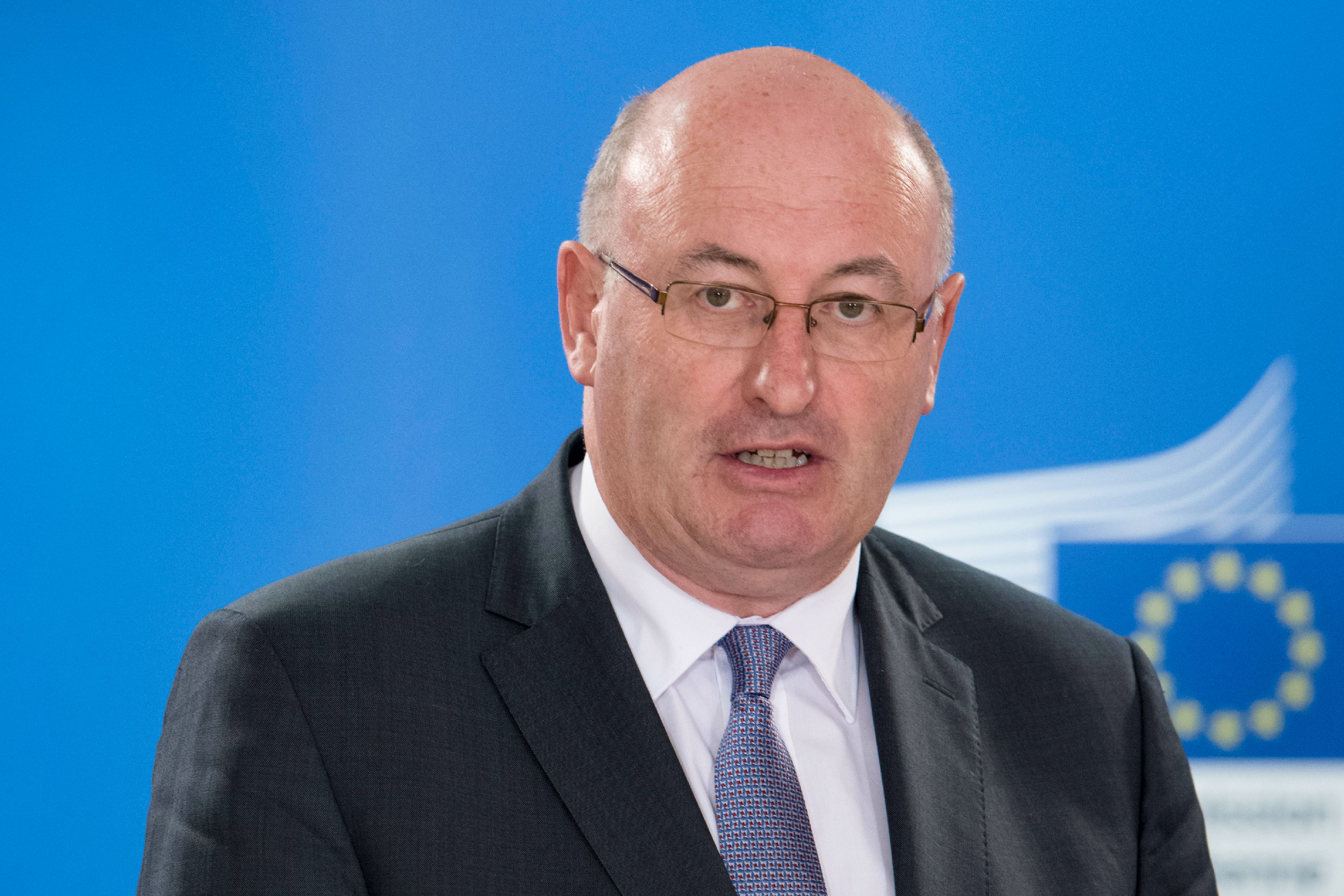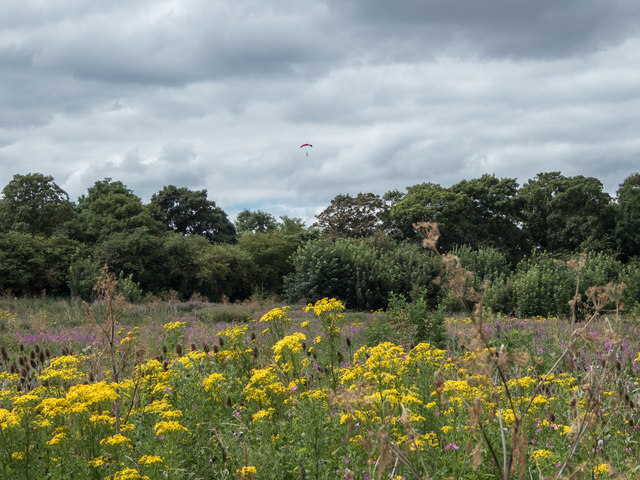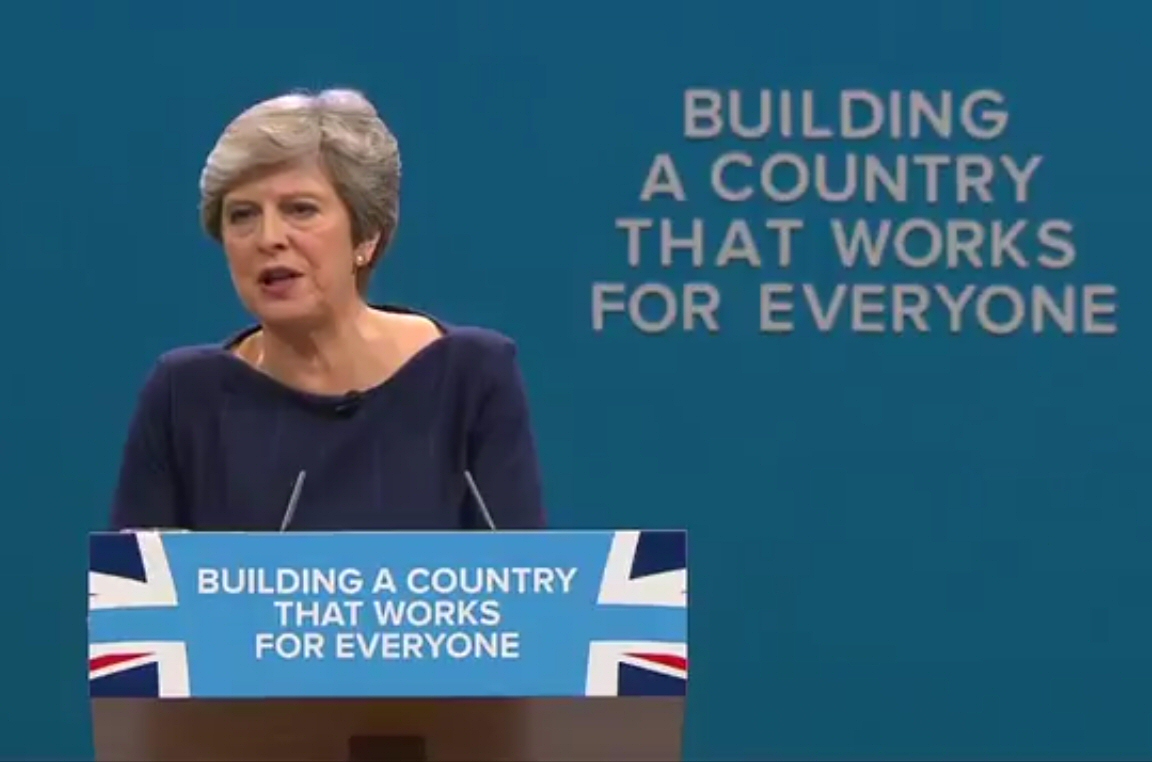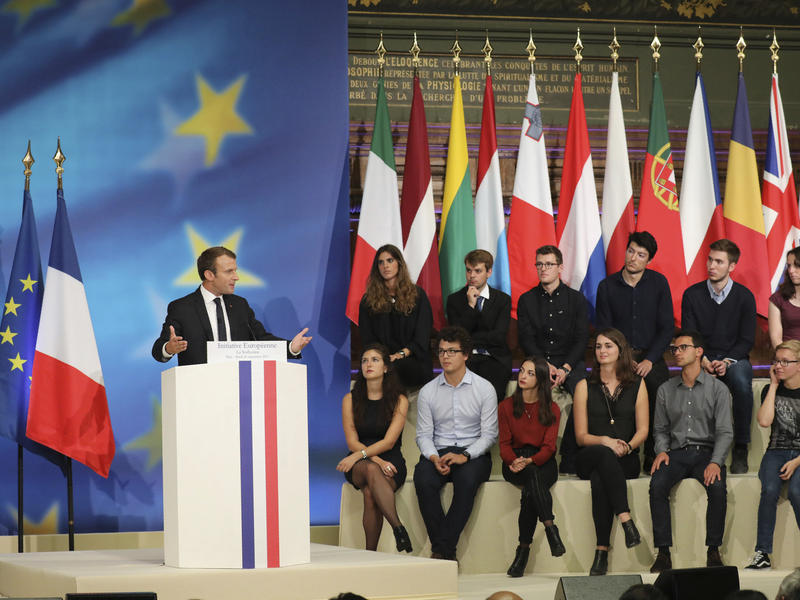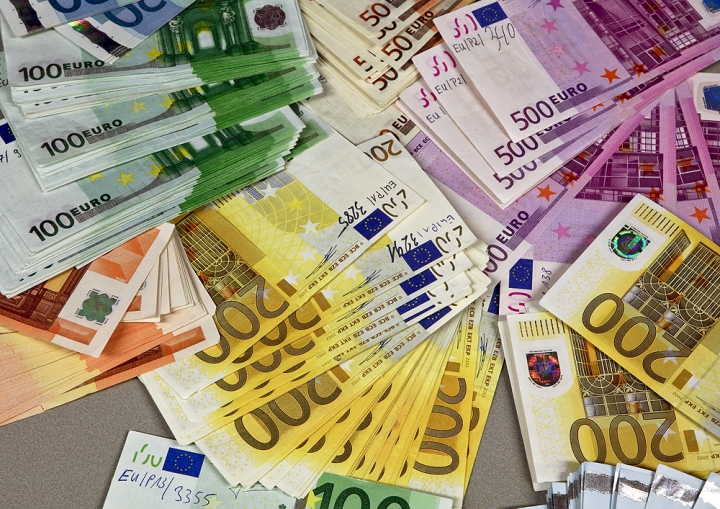Most of the attention around the European Council meeting on 14-15 December 2017 last focused on the implications of the Joint Report agreed between the UK and EU negotiators on 8 December for the three key Phase 1 issues – citizens’ rights, the financial settlement, and the border between Ireland and the North of Ireland. Sufficient progress on these issues was the prerequisite for the European Council to agree to move to the second phase of the negotiations. Both the European Council in its conclusions and the European Parliament in its resolution of 13 December 2017 agreed with the Commission recommendation that sufficient progress had been achieved.… Read the rest
The CAP Communication: Paradigmatic change or empty rhetoric?
The following guest post was written by Professor Emil Erjavec, Professor of Agricultural Policy and Ilona Rac, researcher, at the University of Ljubljana, Slovenia.
The European Commission’s Communication on The Future of Food and Farming stands apart from all its predecessors. Rather than being a conceptual presentation of new mechanisms, as has been the norm since 1997, the document focuses on new political priorities and broad areas of intervention. We are presented with a range of new and not-so-new emphases arising from a number of EU strategies, a public consultation on the future of the CAP and various position papers presented by Member States and interest groups.… Read the rest
Decoding the CAP Communication
The CAP Communication was published by the Commission on 29 November last. In a previous post, I commented on an early leaked draft of this Communication. A number of changes in emphasis were added in the final version but the basic structure of the proposal has not changed. It is nonetheless worth to revisit the document and the Commission’s suggested vision for the direction of the CAP after 2020.
Much of the initial reaction both in the meeting of the European Parliament’s AGRI Committee to which Commissioner Hogan presented the Communication on the day of its publication (the video can be watched here) and at the December meeting of the AGRIFISH Council where Agriculture Ministers had their first chance to discuss the document (the discussion was held in private session but Vice President Katainen’s speaking notes are available and the subsequent press conference can be viewed here) focused on the proposed new delivery model for the CAP.… Read the rest
How Member States are implementing the new CAP
All the focus last week was on the publication of the Commission Communication on the Future of Food and Farming. This document has been greeted with both curiosity (concerning the potential of the proposed new mode of delivery and governance to deliver both simplification of the CAP as well as improved targeting and results on the ground) and criticism (from farm groups worried that it eliminates the ‘common’ in the Common Agricultural Policy and environmental groups worried that it could facilitate the continued transfer of a large chunk of the EU budget to farmers with no questions asked). It will take some time to tease out its full implications, and this is something I will return to on this blog in the future.… Read the rest
Another look at the possible Brexit implications for the CAP budget
Preparations within the Commission for its next MFF proposal, which is now expected in May next year, are well under way. Thinking on the shape of the next MFF began in January last year with the Dutch Presidency Conference on preparing for the next MFF. In December 2016 the High Level Group on the Future Finances of the EU produced its final report and recommendations for a reform of the own resources side of the MFF. In June 2017, the Commission produced its Reflections Paper on the Future of EU Finances. This was one of a series of Reflection Papers published by the Commission in the wake of its White Paper on the Future of Europe published in March 2017.… Read the rest
Leaked draft of the Commission Communication on Future of the CAP
Brussels has been buzzing in the past week since copies of the draft Commission Communication on the Future of the CAP which is set to be launched on 29 November next were leaked – you can read it and download a copy from the ARC2020 website. The status of this document is not clear – my guess is that this is the version that has been prepared by DG AGRI for the Inter-Service Consultation process which normally takes two to three weeks. This is where DG AGRI would get the formal opinion of the other DGs on its proposal, which it would then take into account in its final Communication.… Read the rest
Does the WTO discipline really constrain the design of CAP payments?
This post is contributed by Jean-Christophe Bureau who is professor of of economics at AgroParisTech, Université of Paris-Saclay, and heads the joint research team in public economics of INRA, the National Institute for Agricultural Reseach in France.
The idea that the definition of CAP instruments has been (and still is) heavily constrained by World Trade Organisation rules is widespread. In debates on the post 2020 CAP, the issue of compatibility with WTO disciplines is raised each time coupled payments, countercyclical payments, support to production in less favoured areas, risk management or income stabilization schemes are discussed. An issue of particular interest (which this post focuses on) is environmental payments.… Read the rest
The UK must pay for access to the single market
The British Foreign Secretary Boris Johnson revealed his four ‘red lines’ in the Brexit negotiations in an interview in The Sun newspaper recently. They include:
1. The transition period post-Brexit must be a maximum of 2 years and not a second more
2. UK must refuse to accept new EU or European Court of Justice rulings during transition
3. No payments for single market access when transition ends
4. UK must not agree to shadow EU rules to gain access to market.
On the budget payments issue, Johnson explained: “What I have always said is that we will pay for things that are reasonable, scientific programmes.… Read the rest
Macron's views on the Common Agricultural Policy
President Emmanuel Macron laid out his vision for Europe in a major speech at the Sorbonne yesterday. This speech was billed as an Initiative for Europe and set out the President’s ambitions in a range of areas – defence, counter-intelligence, asylum and migration policy, an external policy focused on Africa and the Mediterranean, a sustainable development agenda (including ideas for a more flexible CAP), addressing the challenges of the digital economy, reforms of the eurozone, and institutional reform. He proposed that each Member State that signs up to this agenda (recognising that not all will want to) should organise a citizen’s dialogue in the coming months with a view to feeding into a new “group for overhauling Europe” which would be tasked to produce a report by Summer 2018 on measures to implement these ambitions.… Read the rest
The budgetary context for the CAP after 2020
Last week I attended the XVth Congress of the European Association of Agricultural Economists which was held in Parma, Italy. With almost 600 contributed papers, poster papers, organised sessions and panels, it was a feast both of stimulating ideas and great food. Over the next few weeks, I hope to highlight a few of the papers which were of interest to me. In this post, I take the opportunity to refer to my own contribution to an organised session on the economics and politics of the CAP after 2020.
This panel discussion also included contributions from Tassos Haniotis (DG AGRI), Jean-Christophe Bureau (AgriParisTech) and Johan Swinnen (University of Leuven).… Read the rest



